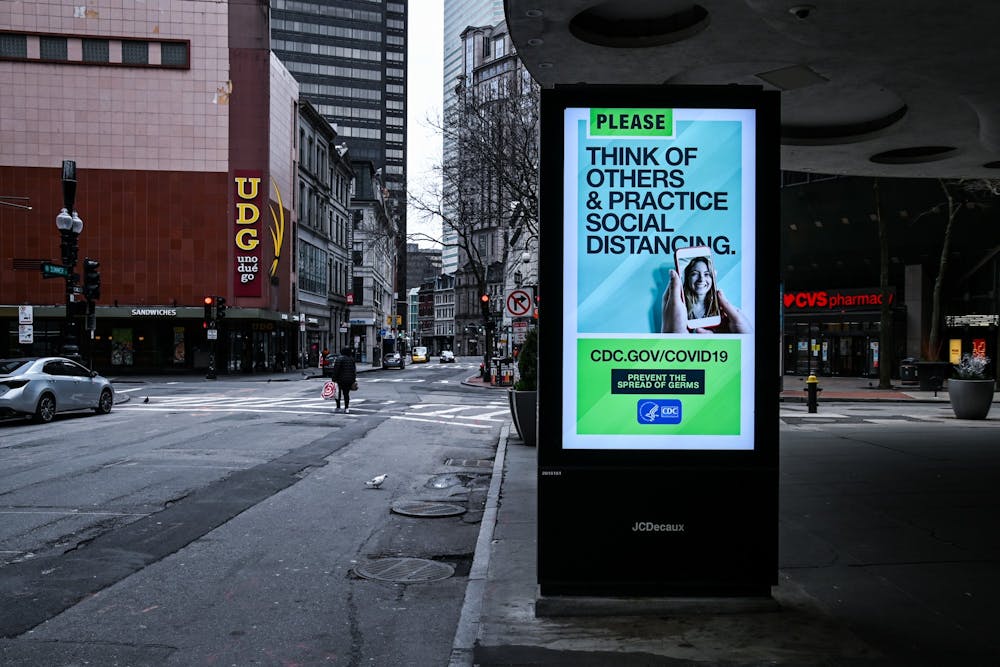A study conducted by Penn researchers found that Americans' political beliefs affected their decisions to voluntarily follow physical distancing guidelines early in the coronavirus pandemic.
The researchers found that people who identified as Democrats were more likely to engage in physical distancing than people who identified as Republicans, Penn Today reported.
Although Republican governors, on average, took more time to enforce virus prevention measures than Democratic governors, Republican governors in Massachusetts, Ohio, and Maryland did enforce stricter measures in the early stages of the virus. In these states, the study found people in Democratic-leaning counties to be more responsive to stay-at-home orders and communication about physical distancing than those in Republican-leaning counties, Penn Today reported.
“We’re in an era in which everything is nationalized, with the outsized influence of Trump it can seem like local leaders don’t matter," Associate Professor of Political Science Guy Grossman told Penn Today. "But this shows the role of local leaders, even amid a global pandemic, is also quite important.”
The study was co-authored by Grossman, Associate Professor in the Department of Medical Ethics and Health Policy Harsha Thirumurthy, doctoral candidate in Communication Soojong Kim, and Applied Economics doctoral student Jonah Rexer. The researchers work in the School of Arts and Sciences, the Perelman School of Medicine, the Annenberg School for Communication, and the Wharton School, respectively.
The researchers downloaded approximately 10,000 tweets from governors' personal and formal Twitter accounts to determine their communication about the coronavirus, Penn Today reported.
To calculate citizens' physical distancing in an area, researchers used the location information of a sample of mobile phone data from 3,100 counties across 49 U.S. states. This allowed them to track the median time devices spent at home each day, according to the authors' report.
The study found governors' communication about the importance of social distancing was as effective in influencing behavior as an official lockdown policy, Rexer told Penn Today.
RELATED:
Penn study finds that speech can transmit viruses
Ezekiel Emanuel warns U.S. to prepare for second wave of COVID-19 at virtual PWH event
If the U.S. issued city-wide lockdowns and limited social contact between people beginning March 1, about 83% of the country's deaths would have been avoided, The New York Times reported on a study done by researchers at Columbia University.
All 50 U.S. states have now completely reopened or begun to reopen by region, easing the majority of lockdown restrictions previously set in place. Each county in Pennsylvania will enter the "yellow" — or first — phase of reopening by June 5, Pa. Governor Tom Wolf announced Friday morning, that will allow most businesses to reopen.
Earlier this month, Penn Wharton Budget Model released an analysis predicting the loss of an additional 18.6 million jobs and 117,000 cumulative deaths by the end of June if each state maintains its physical distancing restrictions as of April 30.









